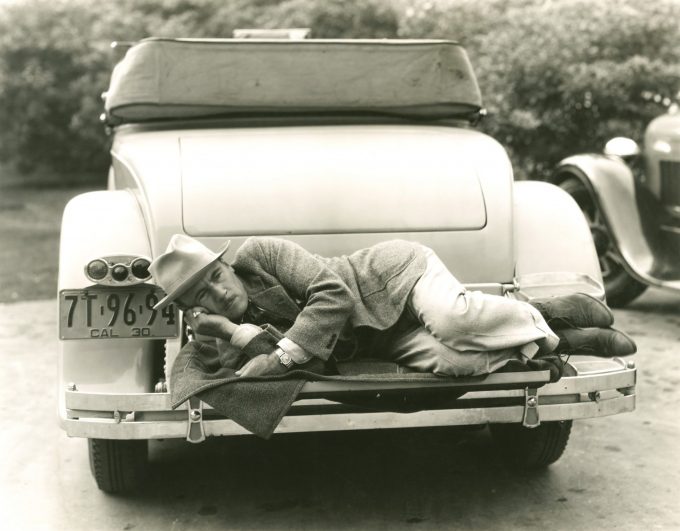Logistics cheers as third runway for Heathrow gets green light at last
Supply chain leaders in the UK have given their backing after the government threw its ...

Stakeholders are calling on the government to change migration rules that have caused a “significant” rise in UK fines for truck drivers and have “made haulage operators feel like the scapegoat”.
Last year, the UK Government changed the rules and penalties relating to vehicles carrying illegal entrants to the UK. The new laws put more of a personal onus on hauliers to take measures securing their vehicle to prevent clandestine entrants from entering the UK.
But according to senior associate solicitor at legal firm ...
Transpacific sees first major MSC blanks as rates fall and volumes falter
'It’s healthy competition' Maersk tells forwarders bidding for same business
US shippers slam USTR port fee plan – 'an apocalypse for trade'
Opposition builds for final hearing on US plan to tax Chinese box ship calls
Despite sourcing shifts, 'don't write-off China', says CMA CGM CCO
White House confirms automotive tariffs – 'a disaster for the industry'
Cargo chief quits WestJet as freighter operations cease
New price hikes may slow ocean spot rate slide – but for how long?

Comment on this article